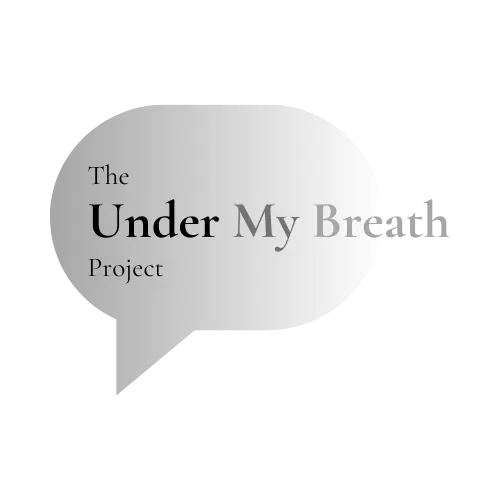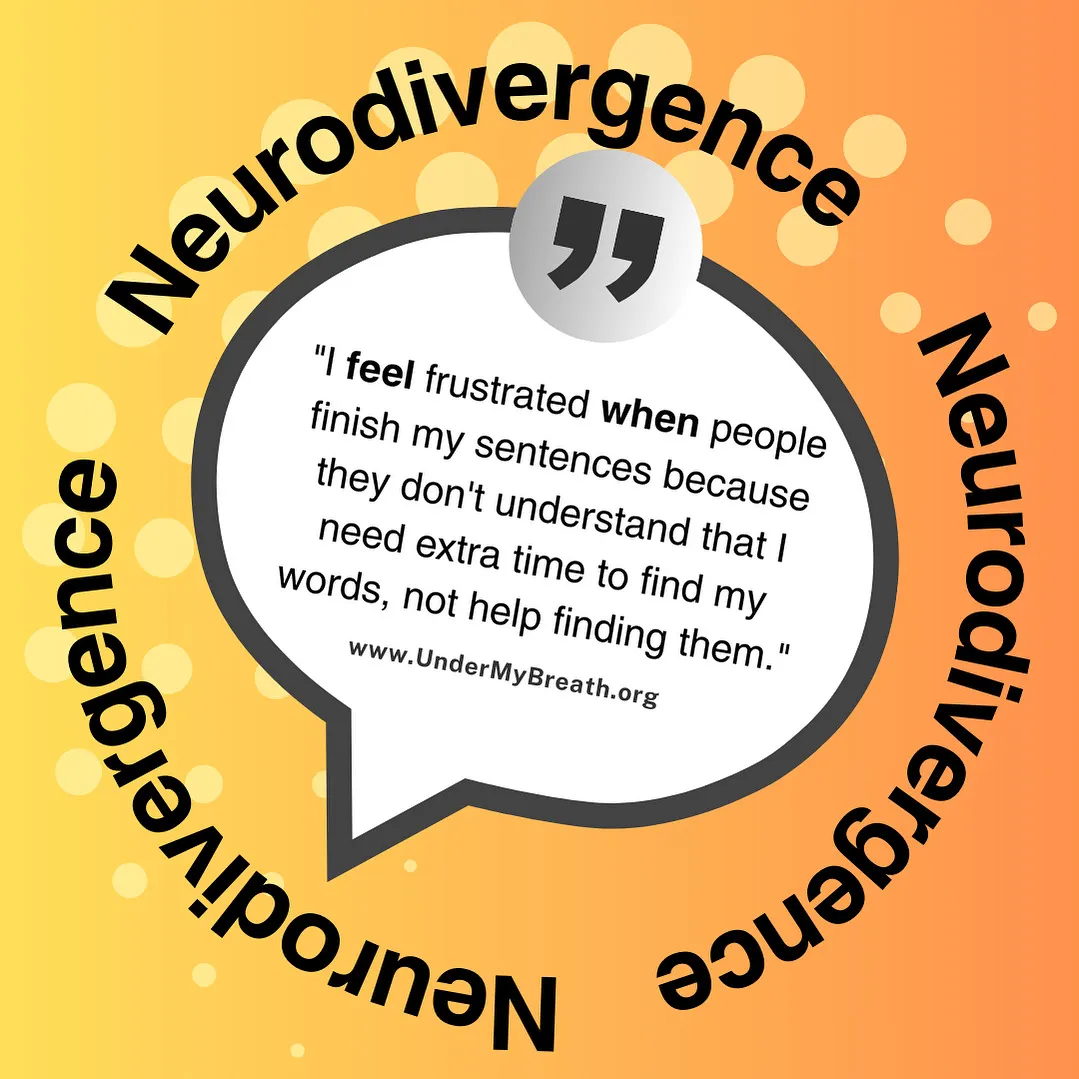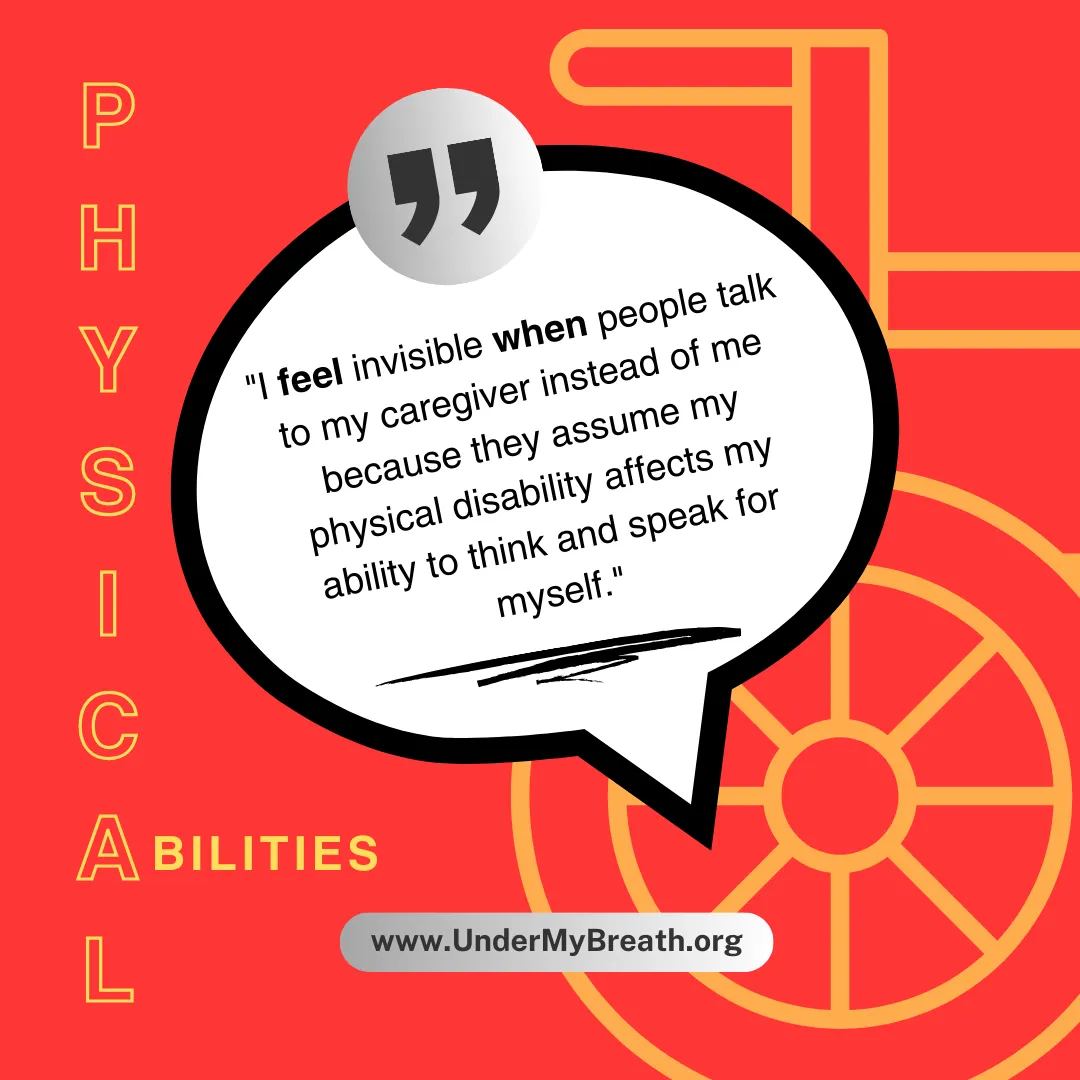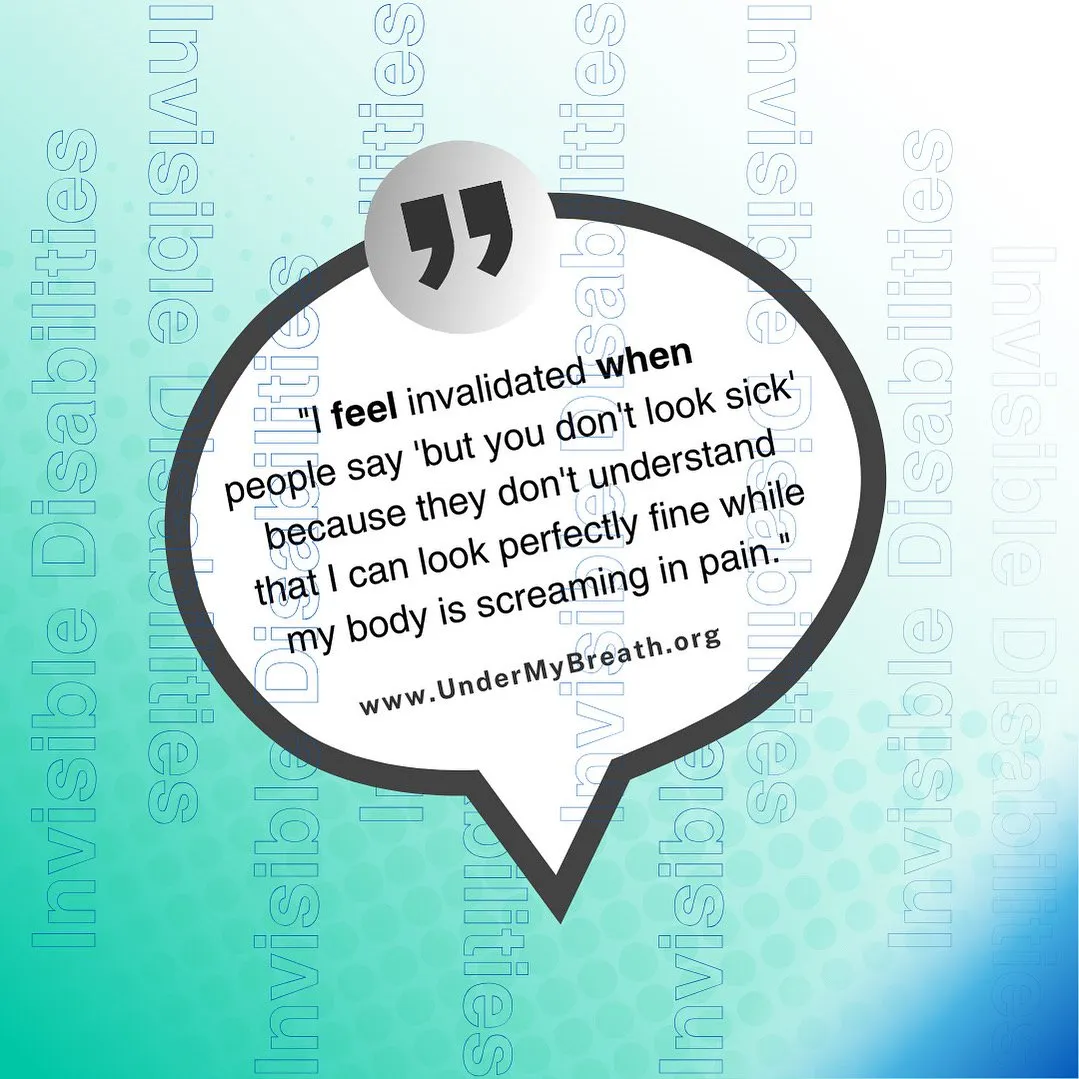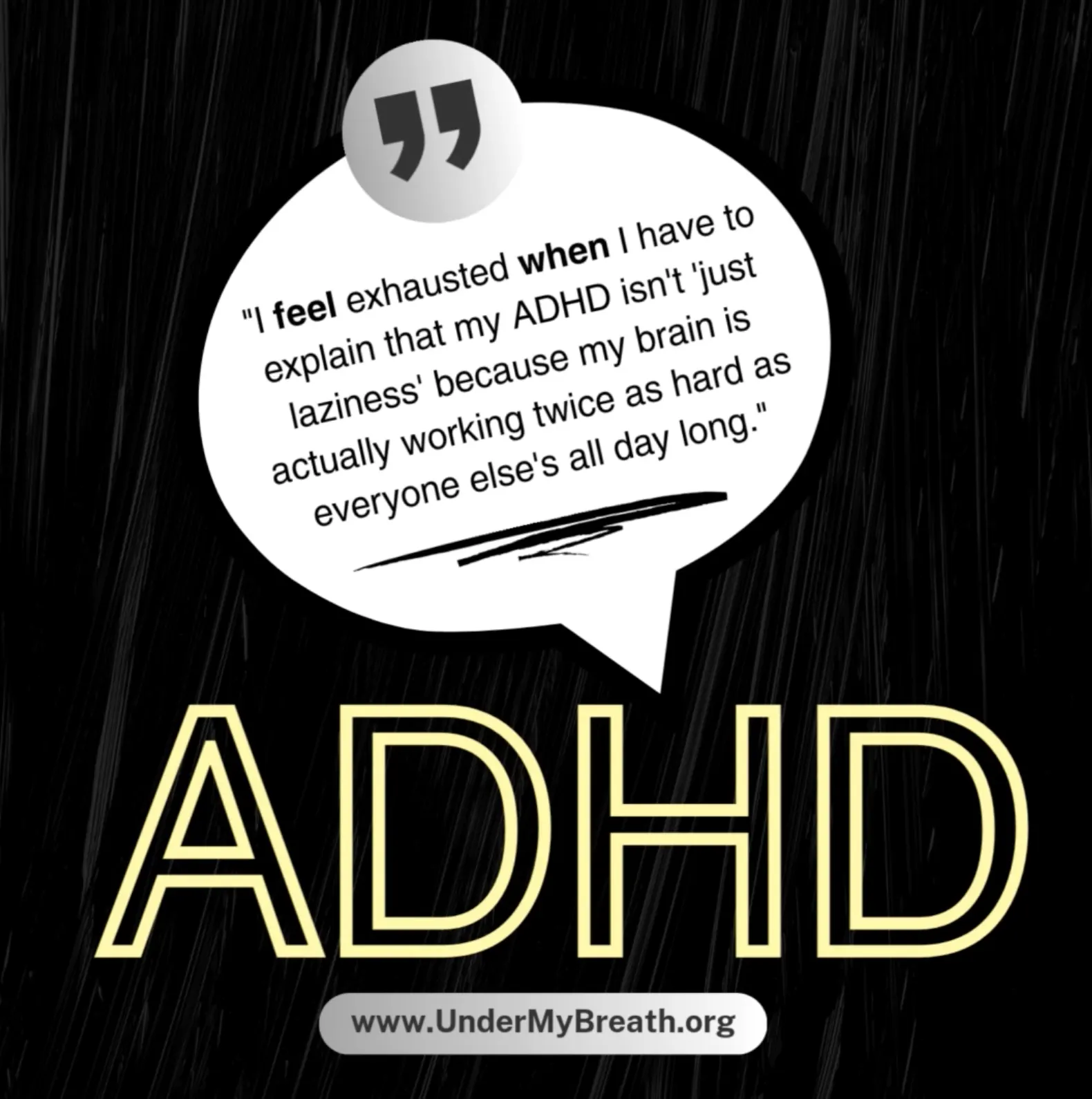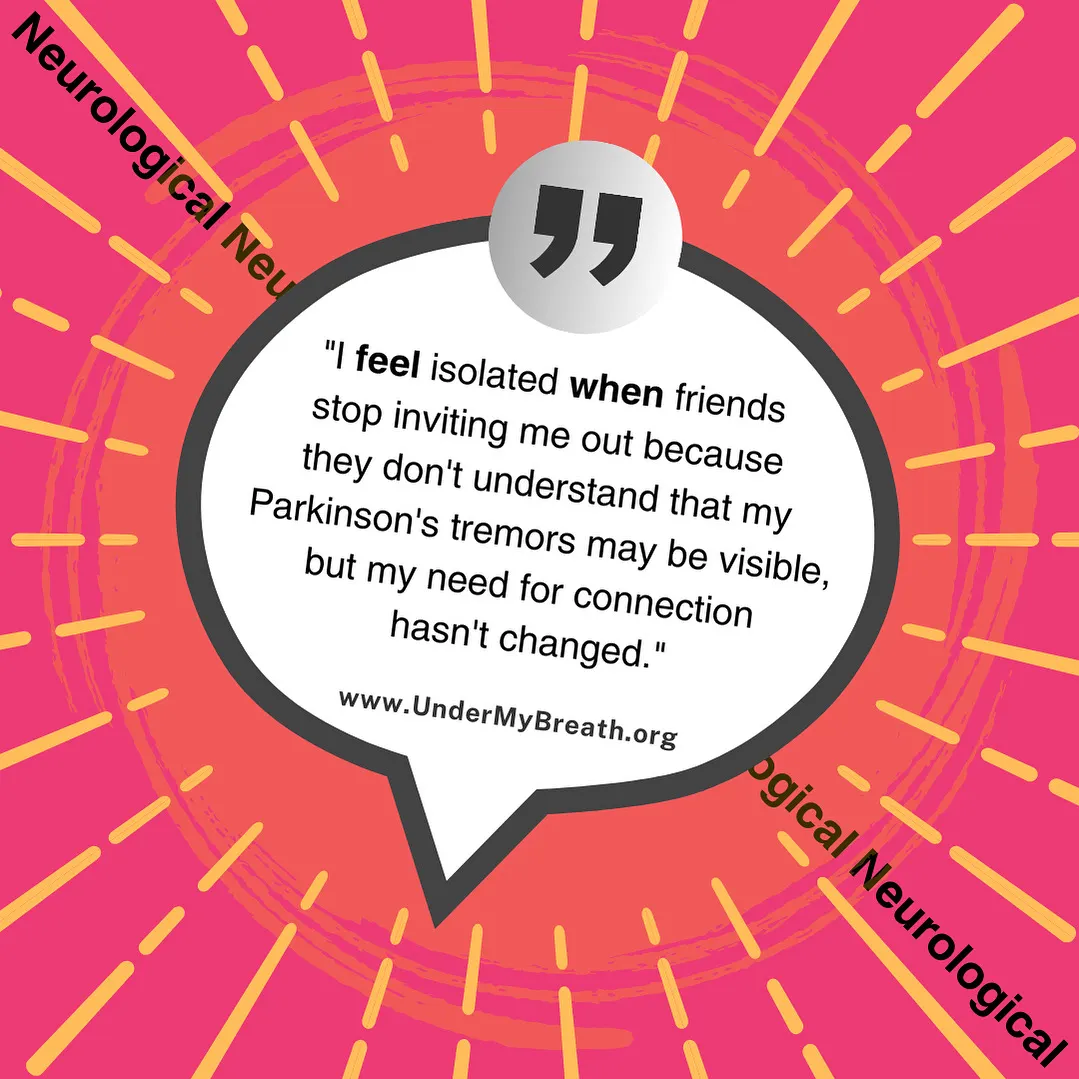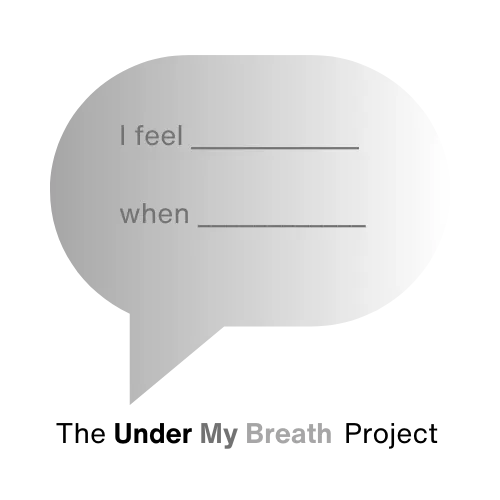Read Shared Stories
Each story captures a moment of shared truth that deepens our understanding of how everyday interactions touch lives.

I feel disappointed when I think about the lack of care that exists for my child when I am gone.
Seeing others adults with disabilities around me who are now wards of the state, you come to realize that the government systems are inept when it comes to taking care of our loved ones. Adults with disabilities around me are being switched between case managers consistently, never having a case manager long enough to get their needs met. Many cannot afford necessities because they do not have a case manager available to them to help them in the job searching process. They have ultimately been neglected, relying on community members if they are fortunate enough to have them. The ball has been dropped and our loved ones deserve far better care, and we as their families deserve to have a system that protects and serves them.
M.S.
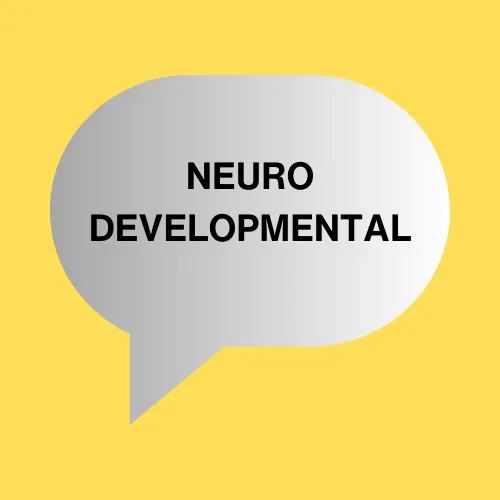
Neurodevelopmental Disabilities

I feel disrespected when you flirt with my wife, even though I'm next to her.
Living with a disability is life changing...living with a disability that happens later in life can be earth shattering. You have to re-learn how to live with a disability that perhaps, someone who was born with has already learned to adjust to. Changing routines that you've learned most of your life is difficult, discouraging, and oftentimes demoralizing. Acknowledgement goes a long way. No-one's looking for pity...compassion and empathy are just fine instead.
.c.
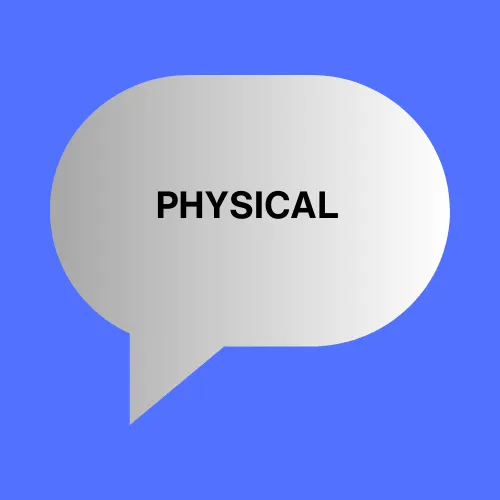
Physical Disabilities

I feel dismissed when people shout at me because they assume being deaf means I'll hear them if they're louder, rather than taking the time to face me so I can lip read.
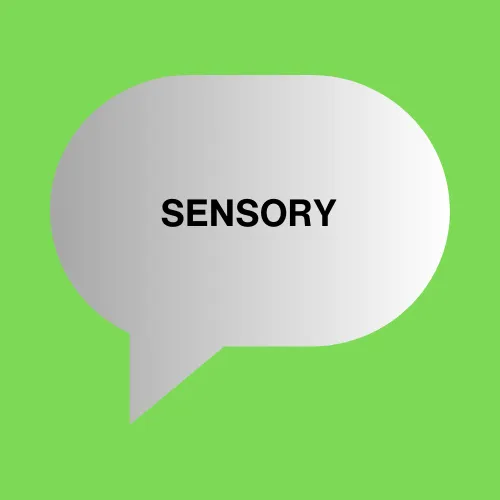
Sensory Disabilities

I feel anxious when I'm in places with flashing lights because people don't understand that for me, it's not just about discomfort - it could trigger a seizure.
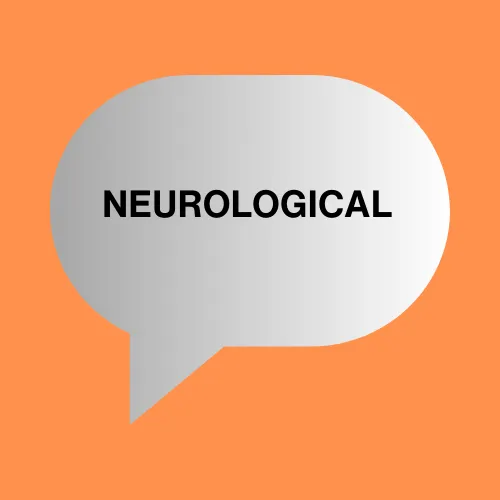
Neurological Disabilities

I feel invalidated when people say 'just think positive' because they don't understand that depression isn't a choice, it's a chemical imbalance that requires real treatment.
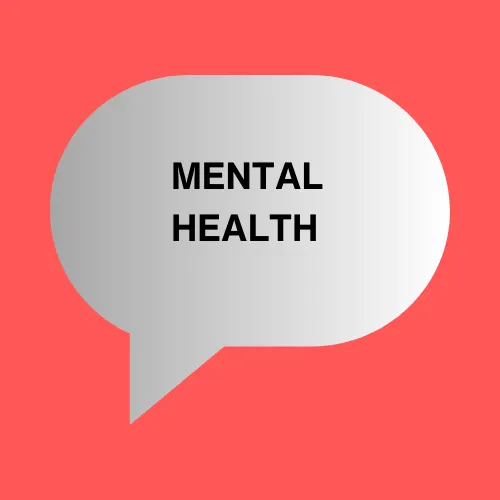
Mental Health Disabilities

I feel misunderstood when people speak to me in a childish voice because having Down syndrome doesn't mean I'm not an adult with valid thoughts and feelings.

Neurodevelopmental Disabilities

I feel misunderstood when people think my speech disability means I have nothing to say because they confuse communication method with intelligence.

Sensory Disabilities

I feel discounted when buildings advertise as 'accessible' but only have stairs and a broken elevator because it shows they don't truly respect what accessibility means.

Physical Disabilities

I feel vulnerable when my medications wear off in public because people stare at my tremors instead of seeing me as a whole person.

Neurological Disabilities

I feel frustrated when people say 'I'm so bipolar' about mood swings because they're trivializing a serious condition that impacts every aspect of my life.

Mental Health Disabilities

I feel anxious when people expect me to 'sit still and focus' because my fidgeting and movement actually helps me concentrate.

Neurodevelopmental Disabilities

I feel startled when people grab my arm to 'help' me navigate without asking first because they don't understand that unexpected touch disrupts my own orientation methods.

Sensory Disabilities

I feel invalidated when people say 'but you don't look sick' because they don't understand that I can look perfectly fine while my body is screaming in pain.
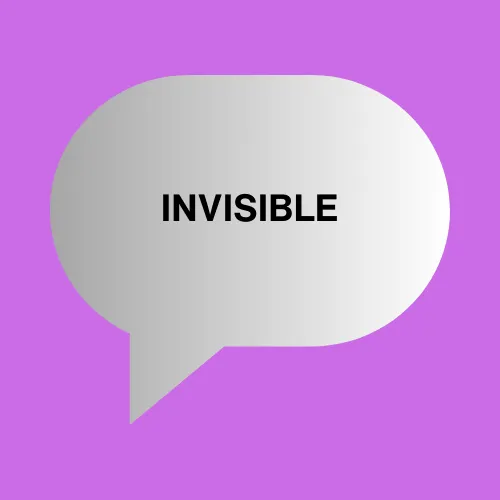
Invisible Disabilities

I feel overlooked when public spaces don't consider wheelchair height for things like counters and mirrors because it sends the message that I'm not expected to participate in daily life.

Physical Disabilities

I feel anxious when I use accessible parking because people give me dirty looks, not realizing that some days walking even short distances causes excruciating pain.

Invisible Disabilities
Physical Disabilities
Physical disabilities affect body movement, mobility, and physical capacity. These can be present from birth, caused by injury, or develop over time. They may impact daily activities and how a person navigates their environment.
Neurodevelopmental Disabilities
Neurodevelopmental disorders affect brain function and development, impacting areas such as behavior, memory, learning, and self-regulation. Each person's experience is unique, with varying strengths and challenges.
Sensory Disabilities
Sensory disabilities affect one or more of our senses - sight, hearing, or speech. These disabilities can range from partial to complete loss of a sense and may impact how a person communicates and interacts with their environment.
Mental Health Disabilities
Mental health disabilities affect emotional, psychological, and social well-being. These conditions can impact daily functioning, relationships, and how a person processes thoughts and feelings.
Neurological Disabilities
Neurological disabilities affect the nervous system, including the brain, spinal cord, and nerves. These conditions can impact movement, communication, memory, and other bodily functions.
Invisible Disabilities
Invisible disabilities are conditions that aren't immediately apparent to others but significantly impact daily life. These disabilities can include chronic pain, fatigue, internal conditions, and other challenges that, while not visible, are very real and affecting.
